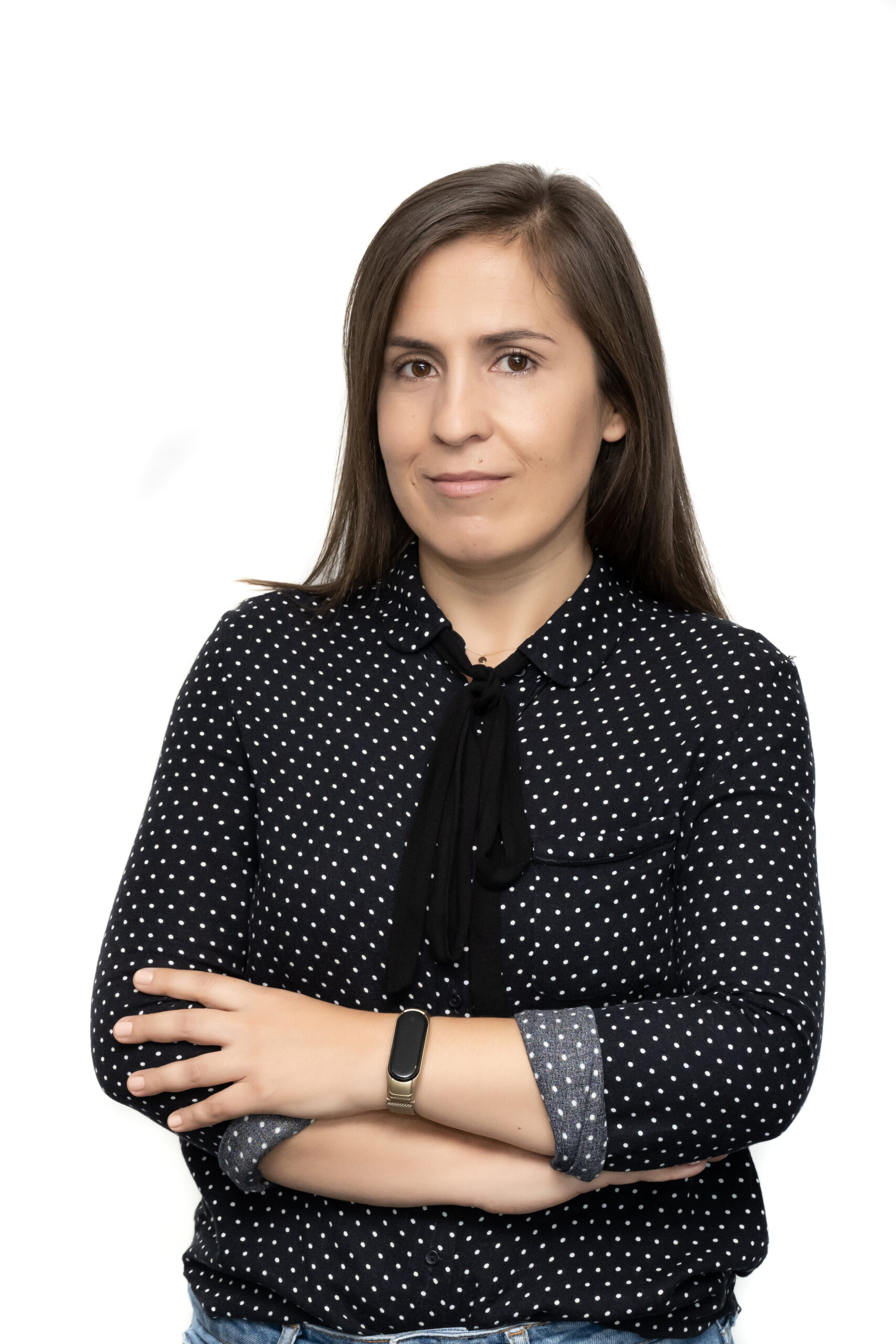Every child deserves the best start in life. However, structural and social inequalities prevent some children to achieve their full potential, contributing to worse health, premature death and the everlasting cycle of disadvantage and inequality.
Health inequalities are found even in high-income countries, with the less advantaged presenting worse health. Differences may persist throughout life, and be passed on to future generations. Thus, structural and socioeconomic inequalities deny less privileged children their right to equality of opportunity and, in this context, studying how the underlying unequal social structures shape the cardiovascular health of children is of utmost importance.
As a society, we must aim to an ideal trajectory of cardiovascular health, that must be promoted and preserved from early life to attain the global aspiration of Health for All. Ideal cardiovascular health is progressively lost from early childhood on so, effective practices are needed to measure, monitor and, when necessary, modify cardiovascular health to promote and preserve favourable trajectories throughout life.
Grounded on the Ecosocial Theory defined by Nancy Krieger, this proposal aims to integrate and analyse embodied health impacts considering the multilevel dynamic context-dependent phenomenon. Thus, this project will use a multi-cohort (from the European, African and Asian regions) and life-course approach to explore the early determinants of cardiovascular health during childhood and adolescence.
In continuation of team members’ previous work and using a multi-cohort study to tackle social and health inequalities, we intend to explore what can untie the knot and imbalance of social health equity, by identifying social differences in cardiovascular health within individuals and countries and the role of structural inequalities on cardiovascular health. Thus, fully aligned with the Sustainable Development Goals 2020/2030, aiming to transform society in order to make it more just, sustainable and equal.
Ultimately, it is a matter of both collective responsibility and social justice to prioritize reducing inequalities and breaking cycles of disadvantage between generations, with the greater benefits targeting those more in need. We will produce knowledge to inform policies that can reduce inequalities within society, across countries and between generations bringing health to all.


